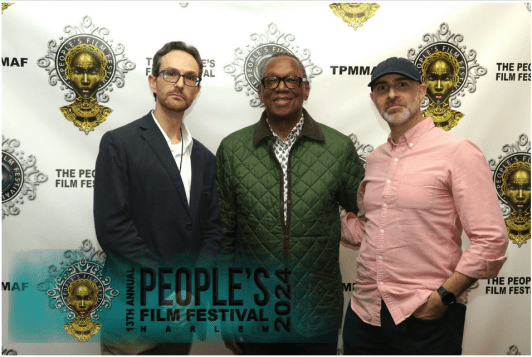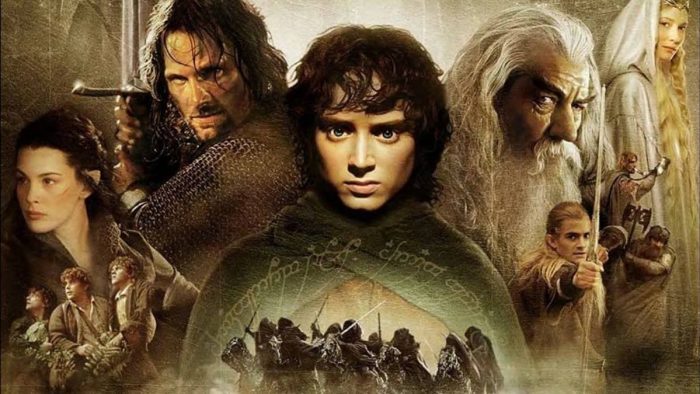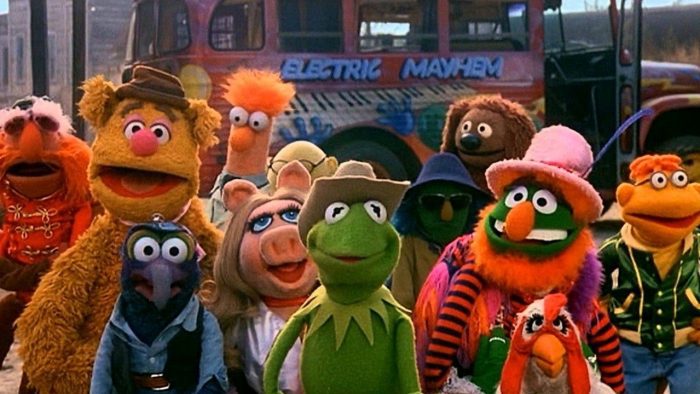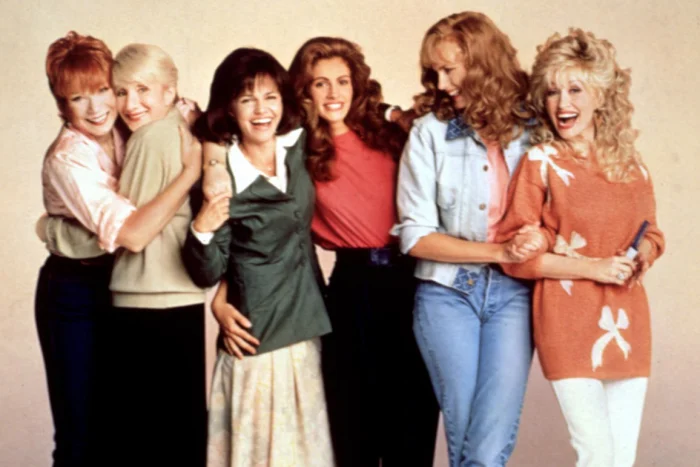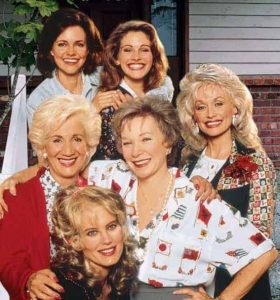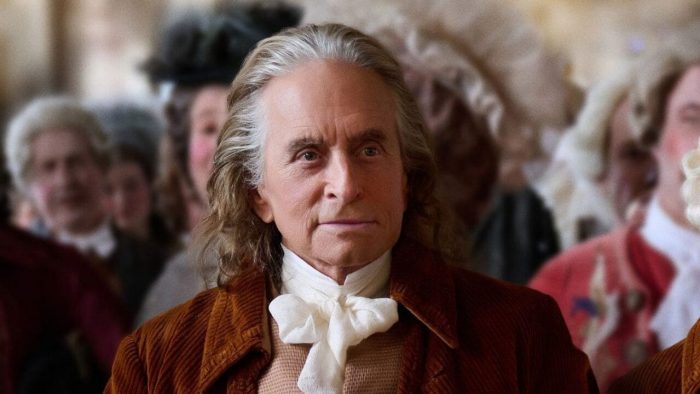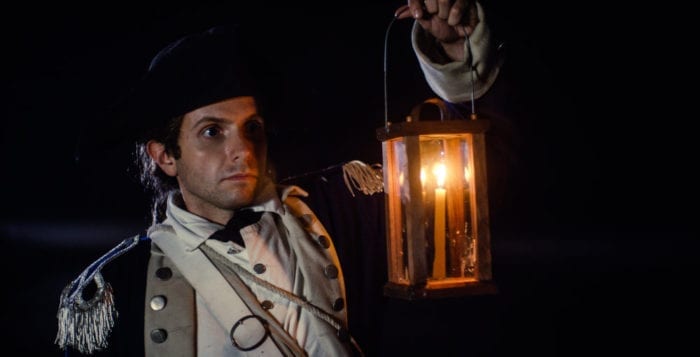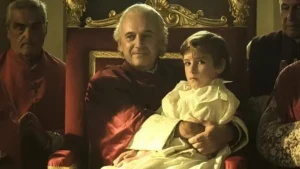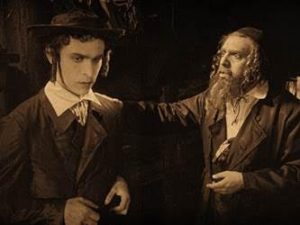By Jeffrey Sanzel
Author A.M. Shine set his 2022 Gothic horror The Watchers in his native Ireland. The debut novel dealt with an uncharted forest that ensnares people within its woods. At the heart of the mystery is folklore dealing with fairies best known as changelings, malign shapeshifters studying their captive human quarry.
Ishana Night Shyamalan (daughter of auteur M. Night Shyamalan, who produced) directs and pens her first film, having only worked on episodes of the television series Servant (for which her father was showrunner) and directed the second unit on the films Old and Knock at the Cabin (her father’s films). Additionally, she collaborates with her older sister, the R&B singer-songwriter Saleka, on the latter’s music videos. Her first solo outing has distinctly mixed results.

First seen vaping in the pet shop where she works, Mina (Dakota Fanning), an American artist living in Galway, leads a disconnected life. Sent to deliver a parrot to a zoo, Mina finds herself trapped in the forest along with Ciara (Georgina Campbell), Daniel (Oliver Finnegan), and the self-appointed leader, Madeline (Olwen Fouéré).
They live in a cement structure with a two-way mirror that prevents the inhabitants from seeing out into the night. They have dubbed this strange dwelling the Coop. Here, they are surrounded by the nocturnal Watchers. With shades of Black Mirror, Shyamalan manages to crank up the atmosphere and “creep” factor before losing steam. She wisely eschews jump-out scares, but she fails to explore the claustrophobic nature of the Coop’s dwellers as well as the conversely frightening sense of being completely exposed by the ceiling-to-floor window.
Eventually, the four discover an underground bunker in the Coop that leads to explanations of their entrapment and the nature of the ancient entities that hold them prisoner.
Shyamalan goes to great lengths to establish Mina’s lack of identity, a theme that will play throughout the film. Sometimes a bit heavy-handed, the definition of self and self-reflection are given less-than-subtle imagery but do not hamper the story’s progression. In the novel, Madeline explains the creatures: “What do they look like?” [Mina] asked. “Like us, I suppose,” Madeline replied calmly. “But they’re not like us. They’re leaner and they’re longer, and I won’t describe their faces to you. I couldn’t, to be honest, even if I tried.”
The film gets faster to the concept that the Watchers take on the visages of the people they study. (“Even when wearing the mask of man, still they are monsters to the eye,” writes Shine.)
As in the book, the film builds to a climactic twist. Here, Shyamalan slightly improves the source material, creating an extra layer in the reveal. Unlike the novel, she finds closure, where the book leaves off on a cliffhanger. (The book’s sequel, Stay in the Light, drops on October 2024.) Additionally, while hewing closely to the general plot and tone, she adds more background and clarification to the dark world of the fairies and their connection to the contemporary world.
Fanning is a solid, grounded actor and leads the cast as best she can. Her performance is honest and introspective, and she never crosses the line into Scream Queen. Campbell is given less to play but is equally believable as the woman waiting for her husband to return. Finnegan’s Daniel has more spark than Shine’s sketch, which serves the actor but undermines the character’s doubts and frailties.
As Madeline, Fouéré has the most interesting role and finds a slow-burn ferocity. Unfortunately, Shyamalan stripped most of Madeline’s most interesting aspects—a woman whose “silence was like a sleeping dragon.” Oddly, Shyamalan makes the quartet more resourceful, lowering the danger/struggle quotient.
Filmed on location, Eli Arenson’s cinematography contrasts city and forest and embraces some beautiful Irish vistas. Ferdia Murphy’s production design ranges from the gritty to the pastoral. As for the monsters themselves, they are adequate if little seen. Sadly, where the film succeeds least is Shyamalan’s strained dialogue, which is leaden and predictable and serves neither cast nor plot.
In the universe of horror movies, The Watchers is a minor and easily forgotten entry. Not a failure on a large scale, but certainly one to be consumed (or not) and forgotten, the film marks the beginning—or ending—of a second-generation cinematic voice.
Rated PG-13, the film is now playing in local theaters.


